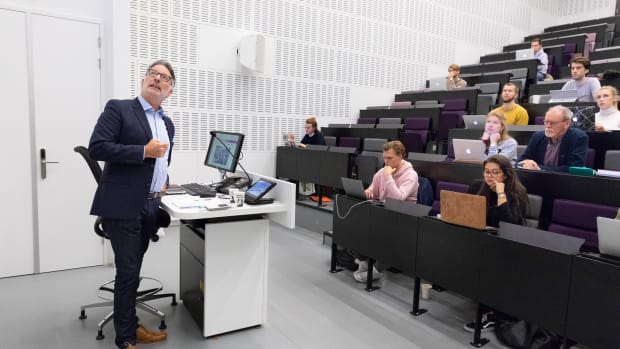
Postdocs skeptical about recognition and appreciation
Most scientists see something in the new “recognize and appreciate” policy, but postdocs and professors expect little from it. That’s according to a poll by the news platform ScienceGuide.
In the past, university researchers were judged mainly on their publications: their number, the journals in which they appear, and whether they are cited often by other scientists.
This is too rigid, according to a large part of the academic world. You should also be able to make a career at the university if, for example, you are a good teacher or disseminate scientific knowledge in society. Leadership, team science, and other tasks should also be valued.
But how exactly does “recognize and value” work? STEM and medical researchers in particular struggle with this at times, and wonder whether this makes the evaluation of researchers too vague and arbitrary. They are writing open letters and making their voices heard.
Career ladder
ScienceGuide surveyed more than 300 researchers through various networks. It revealed that confidence in the new form of assessment depends not only on the discipline but also on the person’s position on the academic career ladder.
PhD students seem somewhat enthusiastic about recognition and appreciation, and university lecturers are also positive. Postdocs, on the other hand, are skeptical. They often have a poor position at the university and usually work on temporary contracts. They apparently do not think things will improve.
Professors also generally prefer the current situation. They are at the top and thus have climbed the mountain in the old system. They seem to have somewhat less confidence in the new approach.
Representative or not?
The sample is not entirely representative, writes ScienceGuide. For example, too few lawyers and too few researchers from the “agriculture” sector responded. The journalists sought advice from a professor of statistics.

